Bankruptcy is a legal process allowing individuals or other entities to seek relief from debts they are unable to repay. It may be entered into voluntarily or a creditor may petition for bankruptcy if a debt of $5,000 or more is owed to them. Below are our answers to some of the frequently asked questions about bankruptcy.
WHAT ARE THE CONSEQUENCES OF BECOMING BANKRUPT?
Bankruptcy can have serious consequences that are long-lasting. Such consequences may include:
- Your unprotected assets can be sold
- Your name may be permanently recorded on the National Personal Insolvency Index
- Your bankruptcy may be listed on your credit report for 5 years
- You may not be able to travel overseas without the written permission of the trustee
- You may not be able to hold the position of a director of a company
- You may not be able to hold certain public positions
- You may be restricted or prevented from continuing in some professions or trades
- Your ability to borrow money or make purchases on credit may be affected
WHAT WILL HAPPEN TO MY ASSETS?
If you become bankrupt, a trustee will be appointed to take over your financial affairs. In order to pay creditors, the trustee can sell your unprotected assets, recover any income you earn over a certain amount, investigate your financial affairs, and recover property that you have transferred to another person before going bankrupt.
WHAT ASSETS CAN I KEEP?
The trustee may allow you to keep some assets when you become bankrupt. These may include:
- Household items
- Tools and equipment used to earn an income up to an indexed amount
- Motor vehicles with a total equity that is less than an indexed amount
- Most payments received from superannuation funds after you go bankrupt
- Life insurance policies received after your bankruptcy
- Compensation for a personal injury
- Assets held by you in trust for someone else (e.g. a child’s bank account)
- Medals and trophies with sentimental value (at the creditor’s discretion).
WILL I STILL HAVE TO PAY SOME DEBTS DURING BANKRUPTCY?
You will still have to pay some debts despite being bankrupt. These may include:
- Student loans, such as fee HELP, HECS, and SFSS
- Debts incurred after bankruptcy
- Court imposed penalties and fines
- Debts you are liable to pay due to an accident (e.g. motor vehicle accidents)
HOW LONG WILL I BE BANKRUPT FOR?
Bankruptcy usually lasts for 3 years and 1 day. This period may be extended to up to 8 years in certain circumstances.
Please note, that the decision to petition for bankruptcy should not be made without first seeking legal advice. For more information about indexed amounts and bankruptcy in general, visit the AFSA website.
To make an appointment to speak with one of our experts about your options, contact us today. At Axia Litigation Lawyers, every move matters.

